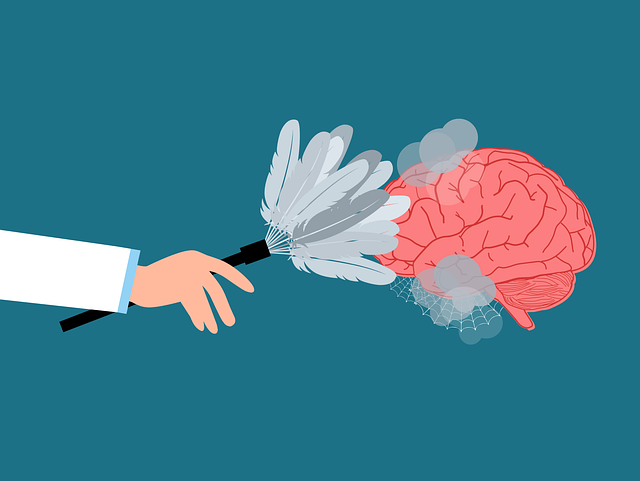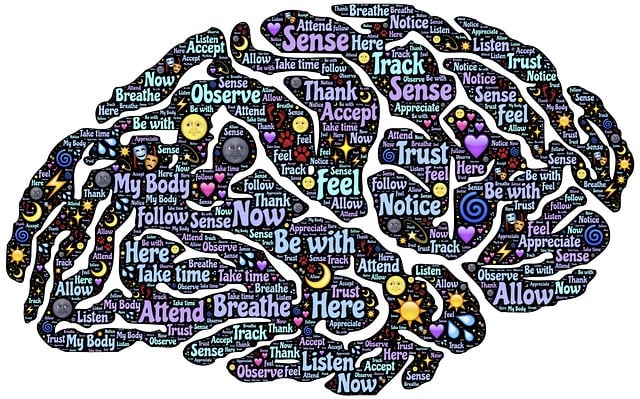Emotion regulation is a vital skill for enhancing mental well-being and quality of life, as highlighted by Longmont Independent Medical Evaluations (LIMEs) therapy. Through tailored sessions, trained therapists guide individuals in understanding their emotional responses, fostering self-awareness, and teaching evidence-based techniques like mindfulness and cognitive restructuring. LIMEs assist in identifying emotional triggers and strengths, enabling therapists to create interventions for positive thinking and improved coping mechanisms. Integrating these insights into daily life through mindfulness practices, self-care routines, and challenging negative thought patterns cultivates emotional resilience, allowing individuals to better manage stress and achieve improved mental health outcomes.
Emotion regulation is a vital skill, offering individuals the power to navigate life’s challenges with resilience and balance. This article explores techniques that foster self-control, delving into the role of therapy as an effective teaching tool. We discuss how Longmont Independent Medical Evaluations can assess emotional well-being, providing tailored support. From understanding emotions to practical daily strategies, these insights empower folks to embrace a more balanced life.
- Understanding Emotion Regulation: Unlocking the Power of Self-Control
- The Role of Therapy in Teaching Effective Emotion Regulation Techniques
- Longmont Independent Medical Evaluations: Assessing and Supporting Emotional Well-being
- Practical Strategies for Daily Life: Cultivating Resilience and Balance
Understanding Emotion Regulation: Unlocking the Power of Self-Control

Emotion regulation is a vital skill that empowers individuals to manage their feelings and responses, fostering mental well-being and enhancing overall quality of life. It’s about understanding and controlling emotions in a healthy way, allowing for better decision-making and improved relationships. In today’s fast-paced world, where stress and anxiety are prevalent, learning effective emotion regulation techniques is akin to conducting a Longmont Independent Medical Evaluation—a comprehensive assessment that identifies areas for growth.
Through the application of Mind Over Matter principles, individuals can gain confidence in their ability to regulate emotions. This involves recognizing triggers, developing coping strategies, and cultivating self-awareness. By mastering these skills, folks can transform their reactions from disruptive to constructive, effectively navigating challenging situations with poise. Moreover, Conflict Resolution Techniques, often intertwined with emotion regulation, enable healthier interactions and stronger relationships, further enriching one’s personal and professional life.
The Role of Therapy in Teaching Effective Emotion Regulation Techniques

Therapy plays a pivotal role in teaching effective emotion regulation techniques. Through structured and tailored sessions, trained therapists help individuals gain insights into their emotional responses, fostering self-awareness exercises that are fundamental to emotional regulation. Longmont Independent Medical Evaluations Therapy provides a safe space for exploration, allowing clients to identify triggers and develop coping strategies suited to their unique needs. This process not only enhances one’s ability to manage intense emotions but also boosts confidence in navigating life’s challenges.
The therapeutic environment facilitates learning and practice of various emotion regulation techniques. Therapists guide individuals through exercises that promote mindfulness, cognitive restructuring, and other evidence-based practices. By integrating these skills into daily life, individuals can better respond to stressful situations, thereby improving their overall well-being. This personalized approach ensures that clients not only understand emotional regulation but also have the tools to apply it in real-world scenarios, leading to significant positive changes in their lives.
Longmont Independent Medical Evaluations: Assessing and Supporting Emotional Well-being

In many cases, Longmont Independent Medical Evaluations (LIMEs) play a pivotal role in understanding and supporting individuals’ emotional well-being. These evaluations go beyond diagnosing mental health conditions; they assess the client’s ability to regulate emotions, fostering resilience building and empathy within their therapeutic journey. By integrating insights from LIMEs into treatment plans, therapists can tailor interventions that promote positive thinking and enhance coping mechanisms.
Through comprehensive assessments, LIMEs identify emotional triggers and strengths, enabling therapists to teach effective emotion regulation techniques. These techniques include mindfulness practices, cognitive restructuring strategies, and emotional awareness exercises. By equipping individuals with these tools, therapists empower them to navigate life’s challenges more effectively, leading to improved emotional resilience and overall well-being.
Practical Strategies for Daily Life: Cultivating Resilience and Balance

Incorporating emotion regulation techniques into daily life can significantly enhance resilience and overall balance. Longmont independent medical evaluations therapy often emphasize practical strategies that empower individuals to navigate emotional challenges effectively. One such strategy is cultivating mindfulness, which involves focusing on the present moment and accepting emotions non-judgmentally. This simple yet powerful practice allows individuals to recognize triggers and respond mindfully rather than reacting impulsively. Additionally, integrating regular self-care routines can be transformative for mental health. Engaging in activities that promote relaxation, exercise, and healthy eating contributes to improved mood management and overall emotional well-being.
Building confidence is another key aspect of emotion regulation. Longmont independent medical evaluations therapy can guide individuals in identifying and challenging negative thought patterns, fostering a more positive self-image. By adopting a growth mindset and practicing self-compassion, people can boost their confidence and better manage intense emotions. These strategies, when combined with consistent practice, create a robust foundation for emotional resilience, enabling individuals to face life’s challenges with greater equanimity and improved mental health outcomes.
Emotion regulation is a powerful tool for enhancing overall well-being, and understanding its importance is the first step. Through therapy and practical strategies, individuals can learn effective techniques to navigate their emotions. Longmont Independent Medical Evaluations play a crucial role in assessing emotional health, providing valuable insights that support tailored interventions. By combining therapeutic guidance with everyday practices, people can cultivate resilience and achieve a balanced state, thereby improving their overall quality of life.














